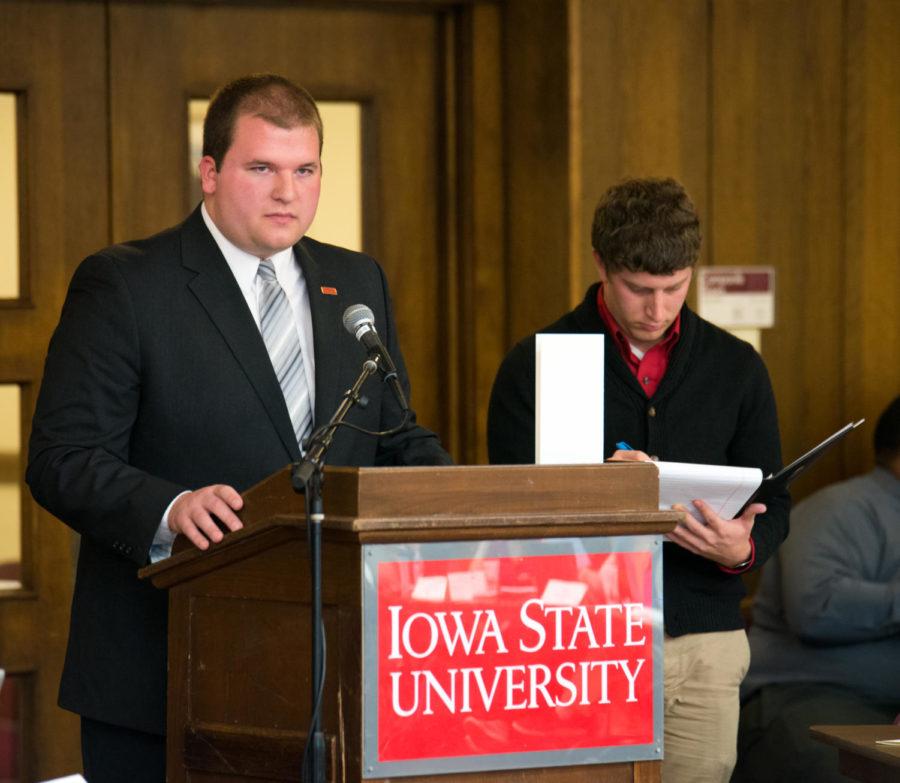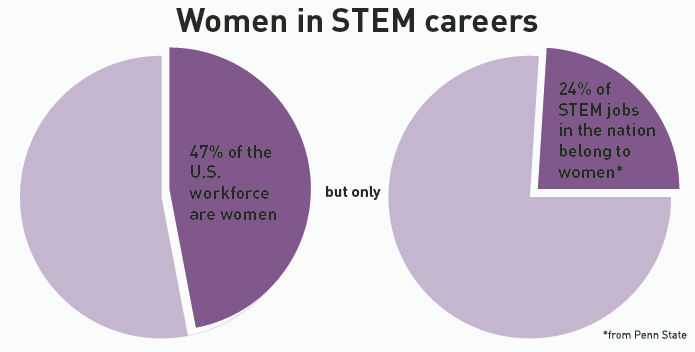Editorial: GSB shows ability to compromise
The President of GSB, Spencer Hughes said he originally wanted to take away all executive compensation, but he understood some form of compromise was necessary. He also explained why he believed that it makes sense in the case to allow the stipend for the summer months to remain when come to the scholarship and stipend issues.
November 6, 2013
With our federal government and bipartisan political system crumbling — government shutdowns, faulty legislation and inexhaustible bickering — where are we to look for a model of sound democracy?
Many look to the past, relying on our forefathers to provide a perfect example of how our American government should function. Others might look outside the country to other nations and different governing principles. Sometimes, however, a good model of government can be found closer to home — say, in our student government.
A recent issue with national politics is that our representatives have a regrettable inability to compromise on tough issues. Though neither side wants to give up ground, compromise is a necessity if progress is ever to be made.
In Iowa State’s Government of the Student Body, our elected officers have recently shown their ability to compromise for the greater good of their constituents, the student body. Last Friday, Nov 1, the GSB passed a bill to eradicate executive GSB members’ compensation by a 30-2-3 vote. As a result, the executive members no longer receive a stipend for room and board, which cuts $31,165 total in GSB spending.
Previously, the GSB president, vice president and finance director had enjoyed the benefit of a full-tuition scholarship as well as a stipend for basic living expenses. Between these two fiscal bonuses, the Executive Branch had next to nothing to pay for their schooling needs.
However, many students and GSB members (including President Spencer Hughes) felt that those benefits were an unfair advantage for executive members, especially because other campus leaders do not receive these benefits.
Hughes was in favor of eliminating both the room and board stipend as well as the tuition scholarship, feeling that the money could be better spent helping students and student organizations. As an organization dedicated to improving the student experience, some feel that GSB should use all student fees it collects for the students.
On the other hand, many feel that both the scholarship and stipend are entirely necessary. Some see it as fair compensation for the hours and effort that they put into the job. For example, Dan Rediske, finance director, has said that he has skipped class and missed class points in order to properly do his job in GSB.
Sen. Khayree Fitten brought up the point that some students and GSB members will be unable to run for office due to financial insecurity, thus limiting the pool from which viable candidates can be taken.
In any case, several outspoken members of GSB felt strongly one way or the other about the issue, as it concerned a large portion of student fee dollars. What is admirable about this bill is that despite those disagreements, GSB was able to reach a timely compromise which best served the student body that it promises to assist.
The cut from GSB expenses totaling more than $30,000 through this bill can definitely help many current campus clubs and organizations. Executive members may retain their scholarship, but by cutting out their living stipend they have proven their dedication to ISU students.
Of course, running a form of government on a small scale such as a college campus is fraught with fewer complications than a national government. Regardless, our federal government could benefit from taking a look at smaller government bodies, and more specifically, their ability to compromise.

















